Types of economic systems
Economic organisation is one of the basic pillars of any social grouping. Over the centuries, human beings have organised their resources in different ways, until arriving at the systems that are best suited to each society.
All these ways of organising a society can to a greater or lesser extent fall into one system or another. In this article, we describe the most important classifications of economic systems.
These two classifications have been made according to whether or not private ownership exists, and according to the decision-making mechanism.
Economic systems depending on whether or not private property exists
- Capitalist economy: Also referred to as a free or market economy. These are economies in which individuals and firms carry out the production and exchange of goods and services through transactions involving prices and markets.
- Socialist or planned economy: They advocate state interventionism in the economy. In its purest form, it calls for the replacement of private ownership by collective ownership of the means of production, exchange and distribution; it also calls for the equal distribution of wealth and the elimination of social classes. Socialism is generally associated with a planned economy, although there are exceptions.
Economic systems according to the coordination or decision-making mechanism
- Traditional economy: These are simple economies whose decisions are based on tradition.
- They are characterised by the fact that in order to solve the basic problems of the economy: what, how and for whom to produce. They make decisions that were successful in the past, i.e. their survival will depend on whether past decisions were successful.
- They have a reduced economic surplus, so they will not be able to invest in improvements to the production process.
- They are low-income societies, and will depend on aid and loans from rich nations.
- Authoritarian economics: Economic decisions are made by a central authority.
- Decisions on what, how and for whom to produce are made by the central authority (dictator, king…).
- The price is set by the authority.
- Citizens’ freedoms are interfered with.
- The state owns almost all the means of production.
- It is an economy typical of countries that apply communism.
- Market economy: A market economy is one in which most economic decisions are made by citizens. These are the so-called capitalist economies. In which we can highlight:
- There is private ownership of both capital and the means of production.
- Free enterprise, individuals are free to form and dissolve their businesses.
- They are competitive markets, in which the price is set by supply and demand.
- Individuals can choose from the various alternatives offered by the market.
In the 21st century, most economies are considered mixed economies. That is, economies in which part of the decisions are made by citizens and part by the government, thus correcting the market failures that exist.
Keynesianism, for example, advocates a capitalist system in which businesses are privately owned and a free market economy exists. However, it advocates government intervention in markets to avoid business cycles and to promote a more stable economy.

